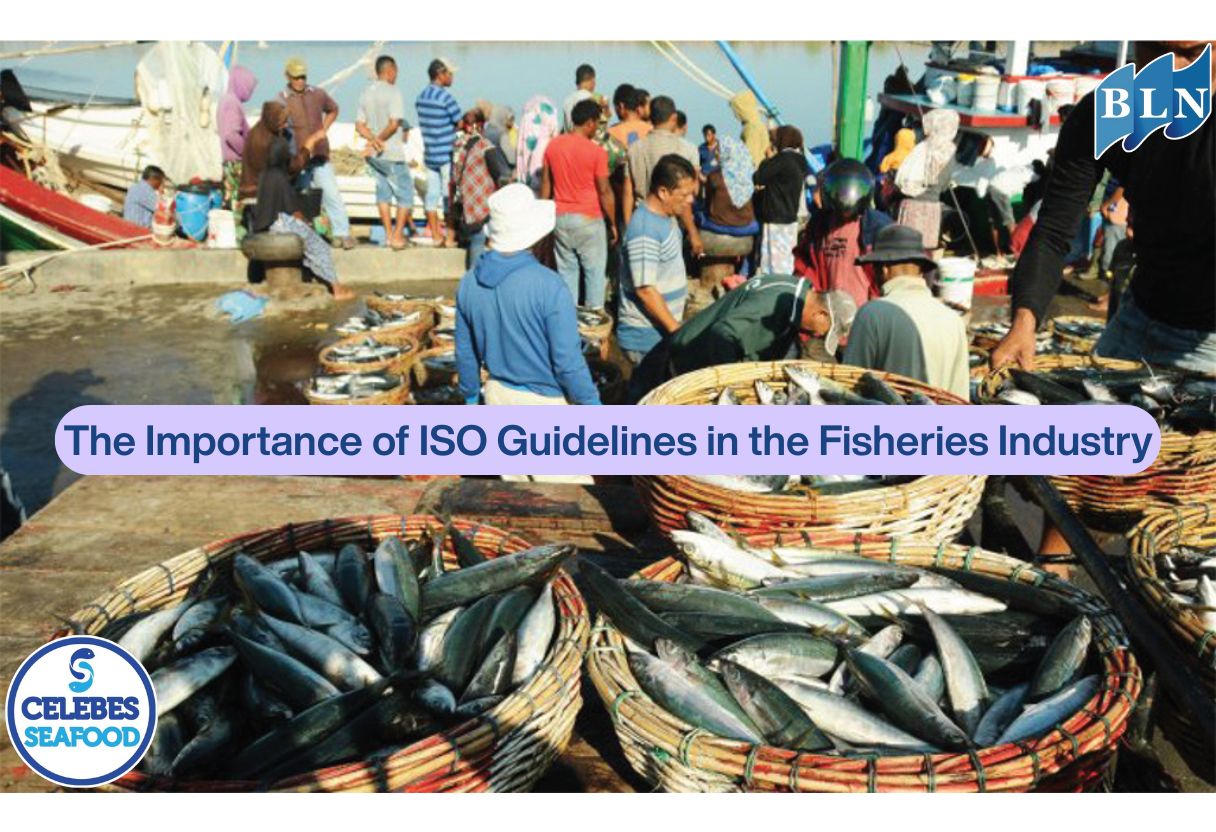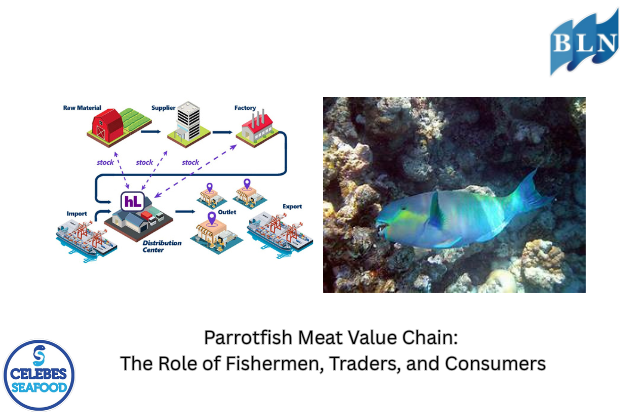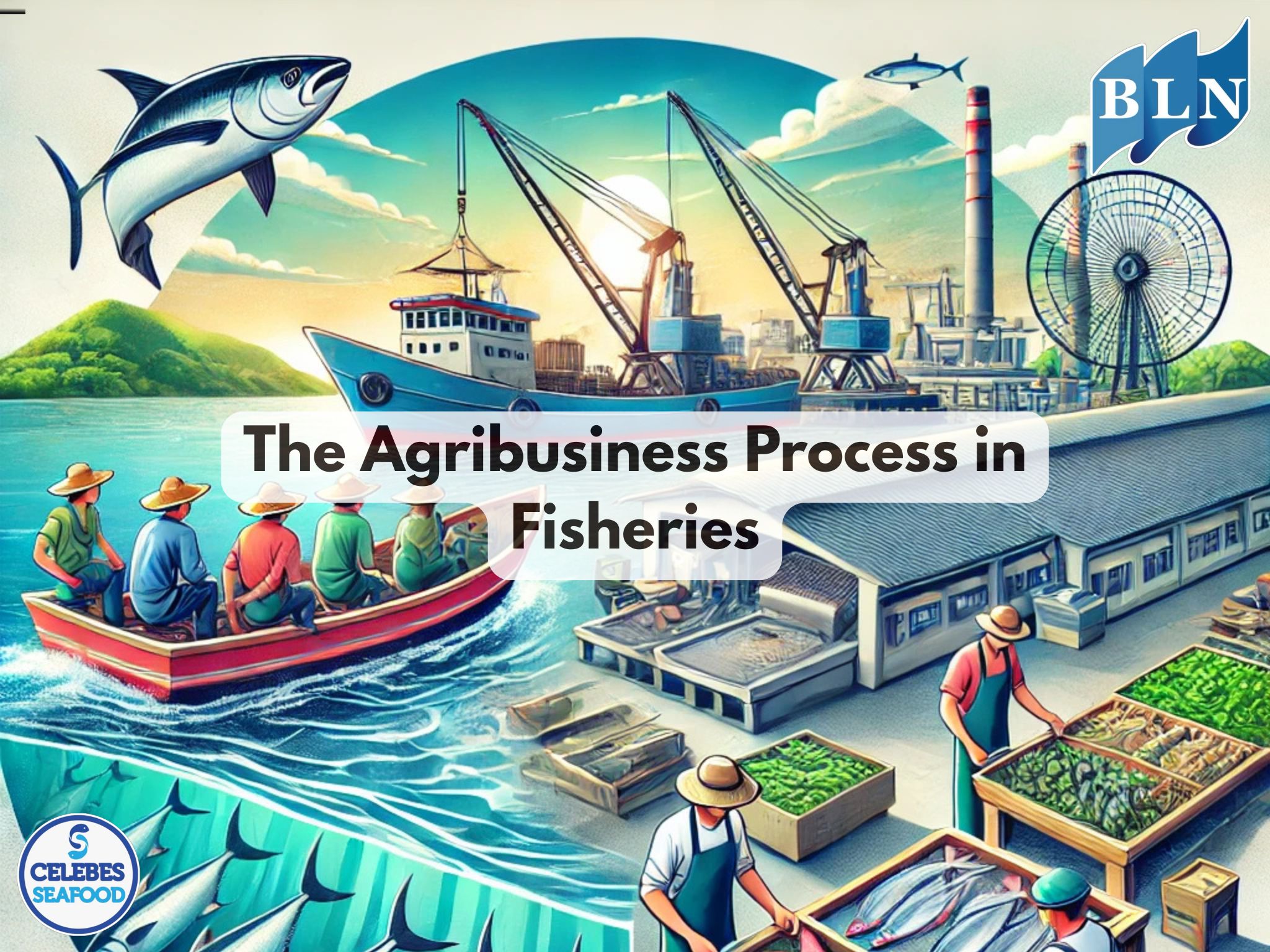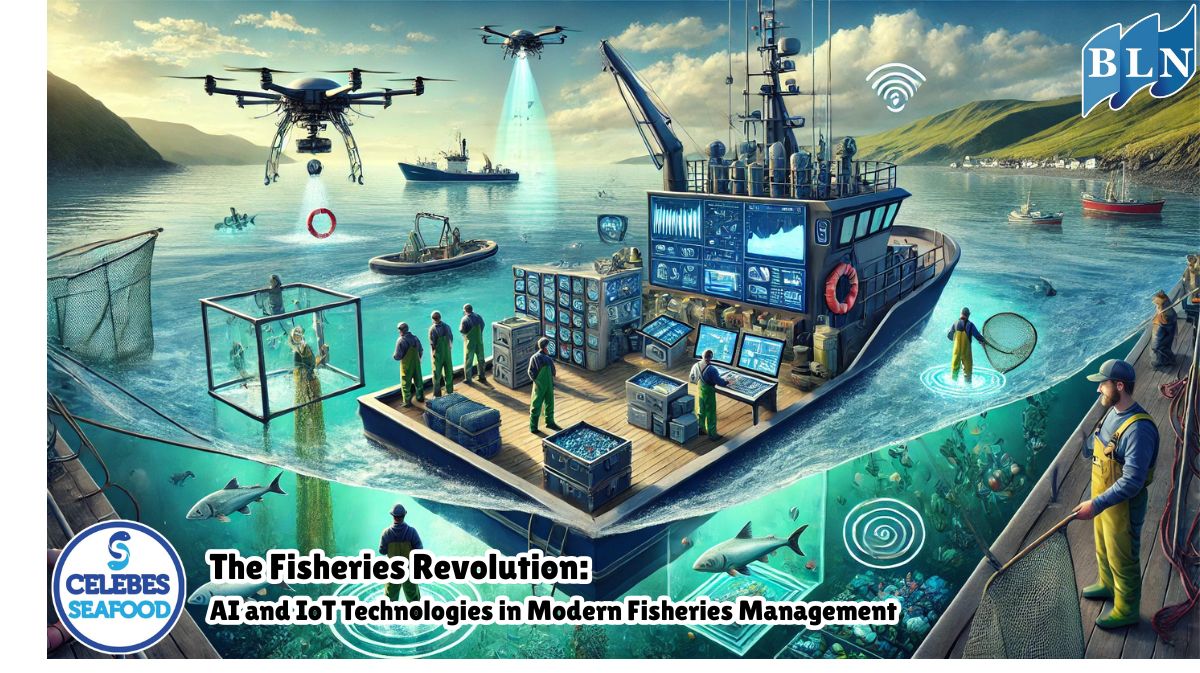The Importance of ISO Guidelines in the Fisheries Industry
By. Edi - 12 Sep 2025
lautnusantara.com ISO (International Organization for Standardization) guidelines play a crucial role in the fisheries industry. Implementing ISO standards helps the industry operate more efficiently, sustainably, and competitively in the global market. Here are some key reasons why ISO guidelines are crucial:
1. Improving Product Quality and Safety
- ISO 9001 (Quality Management Systems): This standard ensures that fisheries companies have a structured process for managing the quality of their products, from capture or cultivation, through handling, processing, and distribution. This ensures that fishery products reaching consumers are of consistent quality and meet established standards.
- ISO 22000 (Food Safety Management Systems): The fisheries industry is highly vulnerable to food safety issues, such as bacterial, chemical, or heavy metal contamination. ISO 22000 provides a framework for identifying, controlling, and preventing food safety risks throughout the supply chain. This increases consumer confidence and opens access to markets with stringent food safety regulations.
2. Operational Efficiency and Cost Reduction
- ISO 9001: By implementing a quality management system, companies can identify and eliminate inefficient processes, reduce waste, and increase productivity. This ultimately saves operational costs.
- ISO 14001 (Environmental Management System): This standard helps fisheries companies manage their environmental impacts, such as waste management, energy use, and natural resource utilization. By minimizing negative impacts, companies not only contribute to environmental sustainability but also reduce costs associated with fines or sanctions resulting from environmental violations.
3. Sustainability and Environmental Responsibility
- ISO 14001: The fishing industry has a significant impact on marine and aquatic ecosystems. The ISO 14001 guidelines encourage responsible and environmentally friendly fishing and aquaculture practices. This is essential for maintaining the sustainability of fish resources and ecosystems in the future.
- ISO 14001 implementation can also enhance a company's image as an environmentally conscious entity, which is increasingly sought after by modern consumers.
4. Occupational Health and Safety (OHS)
ISO 45001 (Occupational Health and Safety Management System): The working environment in the fishing industry is often high-risk. ISO 45001 provides a framework for identifying and managing OHS risks, preventing workplace accidents, and creating a safer and healthier working environment for workers. This not only improves employee well-being but can also increase their productivity and loyalty.
5. Global Market Access and Enhanced Reputation
- ISO certification, particularly ISO 9001, is often a prerequisite or primary requirement for companies wishing to export fishery products to developed countries, such as the European Union or the United States.
- Obtaining ISO certification enhances a company's credibility and reputation among customers, suppliers, and business partners. It demonstrates a company's commitment to quality, safety, and sustainability.
In summary, the ISO guidelines provide a comprehensive framework for the fishing industry to improve product quality, operational efficiency, workplace safety, and environmental sustainability. Implementing these standards not only provides internal benefits for companies but is also key to competing in both domestic and global markets.
If you are interested in our Red Emperor Fillet Skin On, Red Snapper Fillet Skin On please do not hesitate to contact us through email and/or whatsapp.







